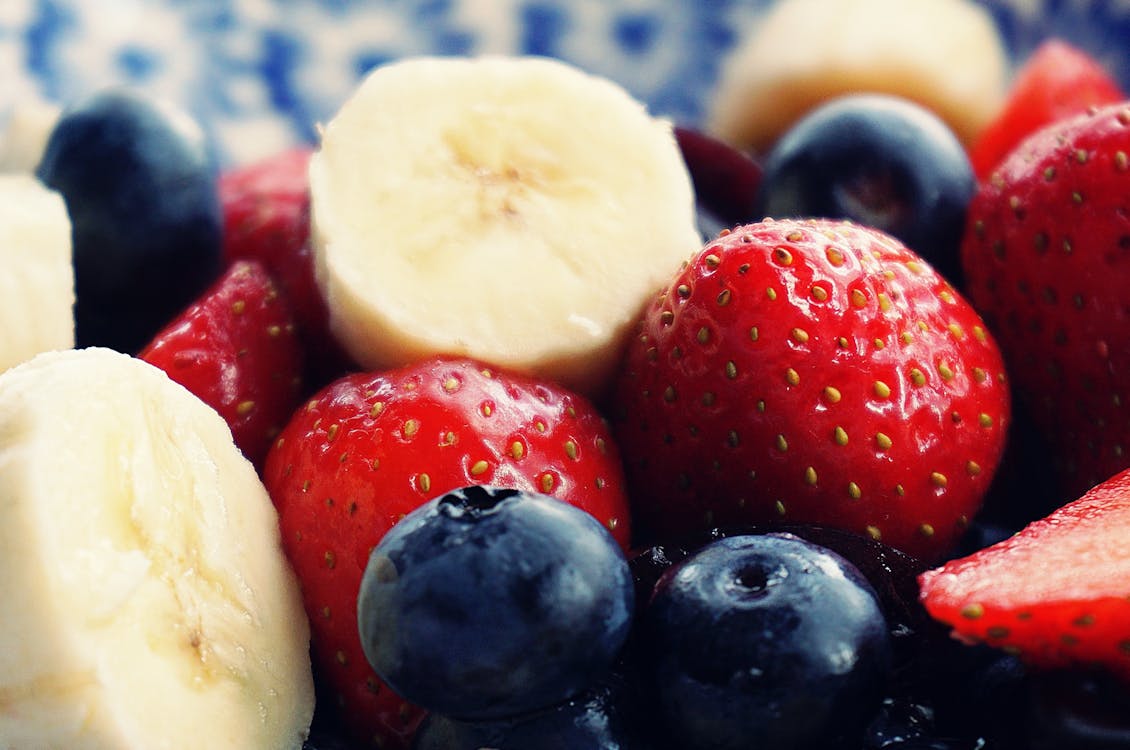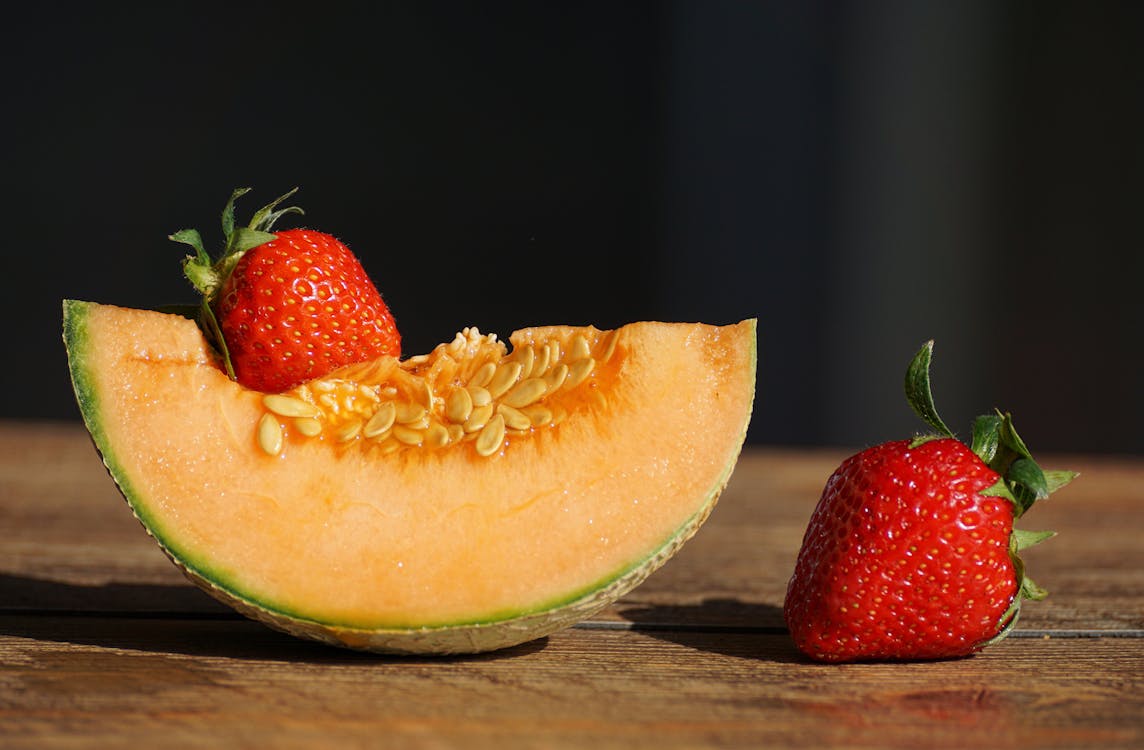Diet foods play a key role in your health. A diet rich in fruits and vegetables, whole grains, and protein provides the nutrition your body needs to stay healthy and strong.
Avoiding soda, processed meats and candy is also important. You can still enjoy these foods occasionally without putting yourself at risk for disease or weight gain.
Fruits & Vegetables
Whether you are eating them alone or in combination, fruits and vegetables can contribute to a healthy and balanced diet. They contain a wide range of nutrients, from antioxidants to folate. They are also low in saturated fat, sugar, and sodium. These factors make them ideal for a diet that is low in calories and can help you lose weight.
The key is to include a variety of different colors and varieties in your diet. That means exploring the produce aisle and adding more fruit and vegetable options to your meals.
According to the World Health Organization, you should eat at least 5 portions of vegetables and fruit each day. That is 80g per serving, which breaks down to two cups of vegetables and three cups of fruit.
You can get more benefits from fruits and vegetables by adding them to your meals, preparing them with different cooking methods, and choosing varieties that have unique flavors. Steaming vegetables, for instance, helps to preserve their nutrients.
If you eat fresh fruit and vegetables every day, you can lower your risk of heart disease, diabetes, cancer, and other diseases. The nutrients in these foods are also useful for maintaining a healthy immune system and reducing inflammation in your body.
For example, blueberries are rich in antioxidants that protect against cancer and other health problems. They are also an excellent source of vitamin C and potassium.
Vegetables and fruit also contain fibre, which can improve bowel function, reduce cholesterol levels, and prevent constipation. They can also help you control your weight and increase energy levels. The fiber in these foods also helps your digestion by slowing the absorption of carbohydrates.
Whole Grains
Eating whole grains can help you feel full, keep your weight under control, and reduce your risk of diabetes, heart disease, and certain cancers. They also contain a variety of health-promoting nutrients, including fiber, B vitamins (thiamin, riboflavin, niacin, and folate), and minerals such as iron and magnesium.
Refined grain products, on the other hand, have been stripped of much of their original health-promoting properties by removing the germ and bran, leaving only the endosperm. Often, they are enriched with added vitamins and minerals but still do not offer the same health benefits as whole grains.
While eating more whole grains can be a challenge for many people, it is not impossible to integrate them into your diet. In fact, a growing number of new and interesting whole-grain options are currently available at grocery stores near you.
* Breakfast: For a simple, yet healthy way to start the day, try Kodiak Cakes' flapjack and waffle mixes in Whole Grain Buttermilk & Honey or Whole Wheat Oat & Honey varieties. Made from whole wheat flour, egg whites, nonfat dried milk, and honey, these mixes contain no sugar or added fats.
Other convenient and delicious whole-grain options include Oatmeal Toasters from Nature's Own, which are small squares a bit smaller than a slice of bread, with a soft, chewy texture and studded with sweet fruit. These oats-based snacks are low in fat and calories and provide 4 g of fiber per serving, making them ideal for a quick snack or breakfast on the go. Or, CJ Bibigo's Whole Grain Potstickers offer a filling of chicken and fresh vegetables and spices encased in a nutty whole-grain wrap. These potstickers can be eaten for lunch or as an on-the-go snack, and each serves up 17 g of whole grains and 4 g of fiber per serving.
Protein
Getting the right amount of protein is essential for good health, and can help you to lose weight and keep your body strong. In fact, it is recommended that you eat between 10 and 35 percent of your daily calories from protein.
A higher protein intake can help you to feel fuller faster and may even help you to burn more calories. This is because it increases satiety, which reduces your appetite.
Studies show that high-protein meals are more satisfying and filling than low-protein meals, so it is important to make sure that you get enough protein in your diet each day. Aim to include a variety of foods in your diet, including lean meat, fish, poultry, eggs, nuts, seeds, and legumes.
It is also important to note that you can get a sufficient amount of protein from a plant-based diet, too. This is because there are many different types of proteins found in plants, including protein-rich beans, legumes, nuts, and seeds.
While most people will be able to get the right amount of protein from their diet, there are some groups who might need to source extra protein, such as elderly adults or endurance athletes. In these cases, supplements can be a great way to ensure you are getting all the protein you need.
As with all macronutrients, you need to be careful when incorporating too much of any one type into your diet. This is especially important with protein because it can cause some serious health problems if you overdo it. It is best to stick to whole-food sources of protein, as these are better for you than processed versions.
Healthy Eating Made Easy With the AIP Diet Food List
Healthy Fats
Healthy fats play a huge role in helping you to control your weight, regulate your moods, maintain optimal mental health and boost your energy levels. They can also help to keep your heart healthy by reducing your risk of cardiovascular disease.
Saturated fats are found in meats and dairy products, such as butter, whole milk and cheese. Limiting your consumption of this type of fat can help to improve your heart health, as long as it's replaced by a healthier unsaturated fat.
Unsaturated fats are found in a wide variety of foods, including fish, nuts and seeds. They are essential for a healthy diet and have many benefits to your health, according to the National Institutes of Health (NIH).
Omega-3 fatty acids, which are primarily found in seafood, can help reduce your risk of cardiovascular disease and stroke, ease depression and promote healthy infant development, notes the NIH. They are also helpful for your skin, eyes and nails.
The American Heart Association (AHA) recommends eating fish twice a week to get the recommended amount of omega-3 fats. These fatty acids can also be found in chia seeds, walnuts and flaxseed.
Another key source of good fat is nuts, which are rich in dietary fiber and protein as well as polyunsaturated and monounsaturated fats. Nuts can be eaten alone, sprinkled on salads or incorporated into baked goods like muffins and cakes.
Other good sources of good fat include avocados, which are a great source of oleic acid. This nutrient helps to regulate hunger hormones, quiet feelings of hunger and increase your feeling of fullness.
Drinks
Water is always a good choice for staying hydrated, but if you're doing any strenuous exercise or sweating a lot in hot weather, you may want to consider adding a drink like a sports or energy drink. These flavored beverages contain carbohydrates, minerals, and electrolytes to help you stay hydrated.
However, these beverages aren't a great substitute for water, and they can have unintended negative effects on your overall health. Instead of drinking them, try to get your daily fluid requirements from whole foods, such as fruits and vegetables, milk, juices, and soups.
The American Academy of Pediatrics recommends that you avoid ultra-processed foods and drinks such as soda, candy, ice cream, fast food, processed snacks, and boxed or canned goods. These items are often loaded with high fructose corn syrup, hydrogenated oils, and artificial sweeteners that contribute to weight gain and a number of health problems.
A balanced diet should include a variety of whole, nutrient-dense foods like vegetables, fruits, nuts, seeds, beans, and fish. You should also eat more whole grains, which are hearty and will keep you full for longer periods of time. Plus, they're a great source of fiber and protein. You can easily add a serving of whole grains to any of these recipes for added fiber and nutrition!



